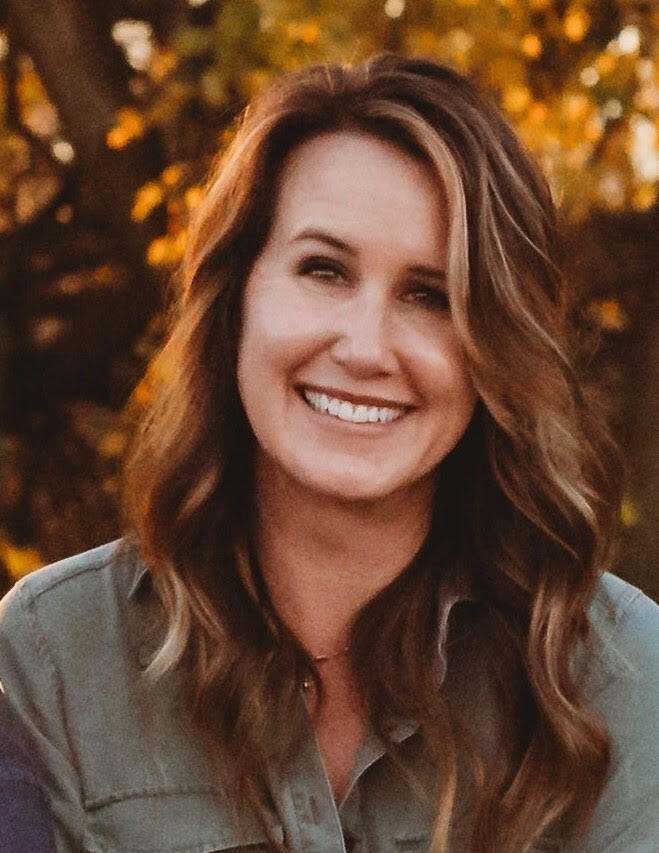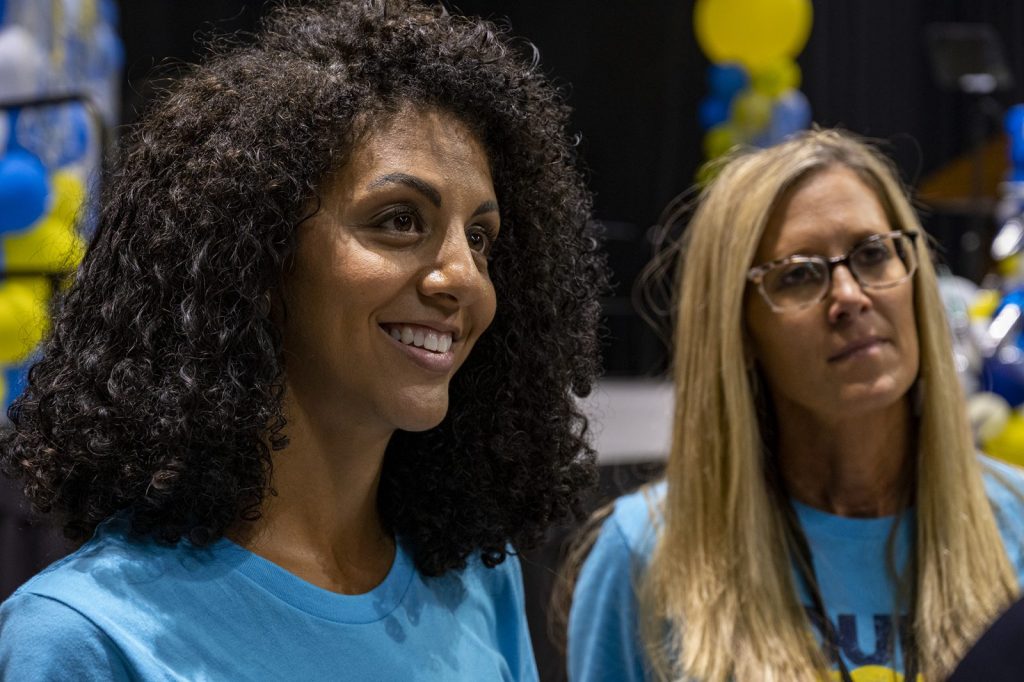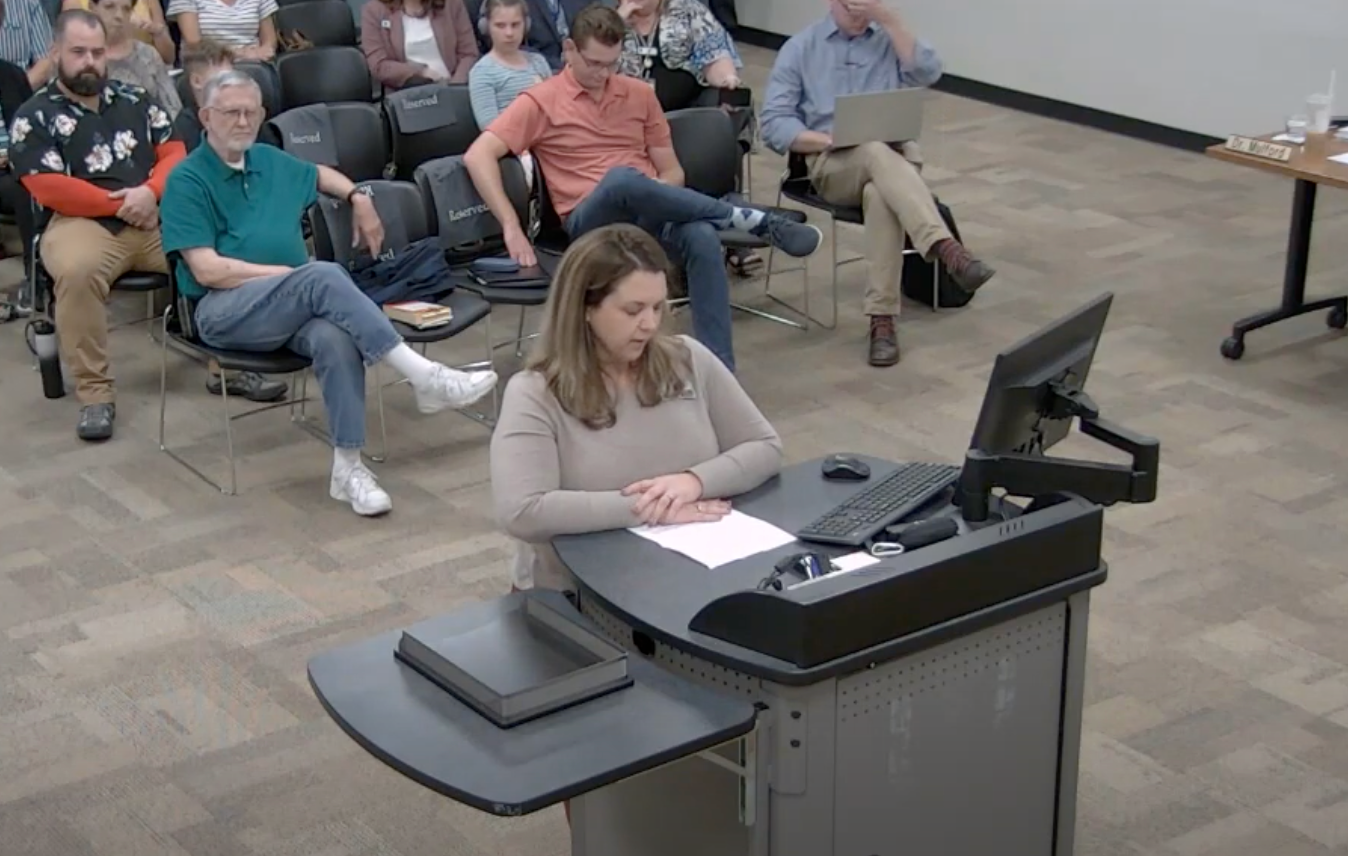In the midst of a 57-slide PowerPoint presentation about the district’s new student assessment tool, Springfield Public Schools board members were each handed an advance copy of an eighth-grade math test. Maida Russell, a teacher at Carver Middle School, made them promise not to pass it to her students before they take it on Thursday.
Handing out examples of the kind of test Russell gives her students was one of several unique moments during a two-hour update about the $2.1 million system being used in classrooms across the district. Board members have heard about Galileo before. But for the first time, they heard about it not only from the district’s academic heads, but also from a collection of teachers and principals as well.
The district implemented Galileo in part to measure academic growth throughout this and future school years, and also to help students improve on state standardized tests. Where students are and aren't showing improvement so far was charted and plotted across a range of grade-level graphs displayed during a presentation of Galileo’s mid-year assessment results.
Board members met face-to-face with six educators and three principals from three of the district's schools — Watkins Elementary, Carver Middle and Central High.
Beth McIntyre, the lead English teacher at Central and a self-proclaimed “data skeptic,” told the board what she said she always tells her principal, that every data point is a student with a story.
“And I'm an English teacher, so I talk about stories,” she said.
The teachers' stories were applauded by board members at the end of a presentation that humanized the data.
Teachers from each school opened up about the data they are collecting from their students’ use of this new testing system, and how they’re using it to help more of their students at a time when students across Springfield (and the state) have not regained pre-pandemic levels of mastery in core subjects.

Russell, for one, said that when she and other teachers realized how similar Galileo looks to Missouri Assessment Program tests, they started using the system for every student assessment they give kids. It’s helping teachers chart growth and students develop self-efficacy before they have to take the MAP test in the spring.
But she’s also found that her students perform better on Galileo tests when they’re for a grade as compared to an exercise.
Stephen Hall, SPS spokesman, said Superintendent Grenita Lathan has invited groups of teachers to speak about testing to boards in previous districts where she has worked as a superintendent.
“It is extremely, extremely courageous to come and to be part of a public meeting, to speak and share what's happening,” Lathan told the teachers. “Thank you for being transparent, and being vulnerable to share your data. As a district, we are we are sharing it publicly, more than it's ever been shared.”
Data from Galileo helping to inform instruction, teachers say

Galileo, the screening system developed by educational technology company Imagine Learning, is designed to help teachers identify learning gaps and strengths. There are three district-wide testing sessions during the course of the year, and Tuesday’s board meeting featured data collected from the mid-year testing session. Crystal Magers, executive director of academics at SPS, and Nicole Holt, deputy superintendent of academics, led the presentation, and gave the floor to speakers from each of the schools when data from their classrooms was shown to board members and the public.
“It's not about what's wrong. It's about what's next.”
Katie hible
Katie Hible, an instructional coach at Watkins, said she is often the first person at her school who sees Galileo test data from teachers. When Holt and Magers presented a graph showing a few dozen data points from a second grade English language arts test, Hible looked at the dots scattered across four quadrants and recognized them as Jazlyn Barnes’ kids.
“I can tell you who each and every one of those students are and we've had conversations about where they are at and why are they there and where are those individual student's struggles and what do those individual students need,” Hible said. “And we have data at our fingertips that we haven't had before. That is pushing us to be able to meet student needs in ways we haven't been able to before. Being able to look back at an assessment and see, where were those misconceptions? We thought we taught this standard to mastery, but it didn't meet the mark. But why is that? Where are those student misconceptions that we can go back and fix for students and do some reteaching on, because that's necessary.”
Hible said that she’s had experiences with Galileo where some teachers express disappointment with the results of a test, where others have found reasons to celebrate their data.
“But we kept going back to, ‘It's not about what's wrong,’” she said. “‘It's about what's next.'”
Barnes said having a testing system that allows her to look at individual and class-level mastery has been a “game changer,” and said it’s driving her instruction moving forward. If only 10 percent of her class got a question right on an assessment, she knows she needs to reteach it.
When a team of Central High educators discussed Galileo, a chart showing the school’s performance on a mid-year Algebra II assessment was displayed. Of 218 students who took the test, 44 percent didn’t perform up to grade-level standards or show growth. While that figure was five percentage points better than overall district data, Jeremy Brown, principal at Central, said the school’s numbers weren’t large, “But one thing I'm hitting with our staff is, enjoy the growth.”
From the start of the year to the middle, Central has seen a 3.5 percent increase in the number of students who are either proficient or advanced in the subject.
“It's a new tool that we are learning,” Brown said. “Let's celebrate even the small wins that we're getting day in and day out with our students.”
Teacher's union survey mentioned during public comment session at odds at times with views of teachers who spoke Tuesday

During the public comment session of the meeting, Laura Mullins, Springfield National Education Association (SNEA) president, shared results of a survey of her teacher’s union members' views on Galileo. There were benefits, she said. Teachers liked its quiz features. They appreciate being able to see what grade-level standards their students have mastered.
“Unfortunately, the feedback becomes more bleak as questions turn to the quality of the test,” Mullins said. “When asked if this assessment provides a valid and reliable picture of their students’ abilities, 93 percent said no.”
Questions don’t align with curriculum pacing, Mullins said, meaning kids were getting evaluated on the material they hadn’t learned. A “concerning” number of teachers who responded said they felt well-trained in sorting classroom and individual data as well as in interpreting it, Mullins said.
Mullins closed her comments by saying it was concerning that administrators were given reports that showed the performance of students sorted by teacher.
“In resounding unity, we can confidently state that no one feels that a single tool or test should indicate the effectiveness of a teacher, especially not this one,” she said.
Near the end of the presentation, Dana Powers, Carver Middle School’s principal, said she was “a little stunned” to hear so many teachers responded negatively to the SNEA survey when asked about Galileo, because those weren’t sentiments she had heard expressed at Carver. While she said no assessment system is perfect, Galileo has allowed educators to see which students are and aren’t meeting grade-level learning standards at a moment’s notice. She said it was an improvement over the district’s previous assessment system, i-Ready, which did not monitor progress in the same immediate manner as Galileo. Hearing Mullins public comments made her want to go have follow-up conversations with teachers about the survey to see if they shared any of the sentiments expressed in the survey of SNEA members “so we can try to navigate through that.”
Brown credited his teachers at Central for being vulnerable with their classroom-specific data, and several board members said they appreciated the transparency as well.
“I think that may be part of why we may hear some of the negative feedback, because looking at individual classroom data and sharing it across teams is vulnerable,” board member Shurita Thomas-Tate said. “And I can see where that makes some teachers feel very uncomfortable. It feels like you're being targeted, but you're being supported.”
After the presentation, Mullins tweeted from the SNEA account, “Grateful that Dr. Lathan asked the 6 teachers for feedback, but the countless other educators should be afforded the same opportunity.”
Superintendent says suggestions from educators will be considered
Lathan asked the group members if there was anything they wanted district leaders and board members to know. McIntyre said that, as a teacher of seniors at Central, many of their minds are already on May 20, the last day of school. An incentive system to recognize the students who put the work in on the tests could be beneficial, she said. That was also a concern brought up by Mullins during her public comments.
Lathan asked her to come up with a list of five categories. She also said district administrators would consider a point made during the presentation by Russell about the date of the end-of-year Galileo test window. It’s scheduled in late March, before the MAP tests. Russell said it was too early for teachers.
“It takes about a week, you guys, to (give a Galileo test),” she said. While the testing window is supposed to be two days, Russell said absences and other variables prolong it. She said she needs that week to teach lessons in advance of the MAP, and Lathan said her staff would look into that immediately.
Lathan said that rolling out a new testing system for a district of over 24,000 students and 1,100 employees is a slower process than people might expect, but they are continuing to gather feedback to improve it. She referenced Russell’s math class plot presented earlier.
“When I look at her data in her classroom, and I see her students in those four quadrants, as a leader, all of us should be saying, ‘What do we need to do to help her out?’”
To see grade-by-grade district data at the mid-year point, click this link.

